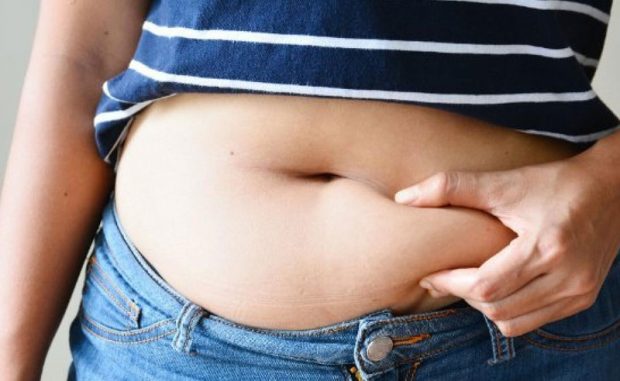
Popular food ingredient may up diabetes, obesity risk
Team Udayavani, Apr 26, 2019, 12:03 PM IST

Boston: A food ingredient widely used in baked goods and artificial flavouring may increase levels of several hormones that are associated with risk of obesity and diabetes, a study has found.
Researchers from Harvard University and Brigham and Women’s Hospital in the US combined data from a trial in humans and mouse studies.
The study, published in the journal Science Translational Medicine, indicated that propionate can trigger a cascade of metabolic events that leads to insulin resistance and hyperinsulinemia — a condition marked by excessive levels of insulin.
The findings also showed that in mice, chronic exposure to propionate resulted in weight gain and insulin resistance.
“Understanding how ingredients in food affect the body’s metabolism at the molecular and cellular level could help us develop simple but effective measures to tackle the dual epidemics of obesity and diabetes,” said Gokhan S Hotamisligil, a professor at Harvard Chan School.
More than 400 million people worldwide suffer from diabetes, and the rate of diabetes incidence is projected to increase 40 per cent by 2040 despite extensive efforts to curb the disease.
The surging rates of diabetes, as well as obesity, in the last 50 years indicate that environmental and dietary factors must be influencing the growth of this epidemic.
Researchers have suggested that dietary components including ingredients used for preparation or preservation of food may be a contributing factor, but there is little research evaluating these molecules.
The team focused on propionate, a naturally occurring short-chain fatty acid that helps prevents mold from forming on foods.
They first administered this short chain fatty acid to mice and found that it rapidly activated the sympathetic nervous system, which led to a surge in hormones, including glucagon, norepinephrine, and a newly discovered gluconeogenic hormone called fatty acid-binding protein 4 (FABP4).
This in turn led the mice to produce more glucose from their liver cells, leading to hyperglycemia — a defining trait of diabetes.
Moreover, the researchers found that chronic treatment of mice with a dose of propionate that was equivalent to the amount typically consumed by humans led to significant weight gain in the mice, as well as insulin resistance.
To determine how the findings in mice may translate to humans, the researchers established a double-blinded placebo-controlled study that included 14 healthy participants.
The participants were randomised into two groups: One group received a meal that contained one gram of propionate as an additive and the other group was given a meal that contained a placebo.
Blood samples were collected before the meal, within 15 minutes of eating the meal, and every 30 minutes thereafter for four hours.
The researchers found that people who consumed the meal containing propionate had significant increases in norepinephrine as well as increases in glucagon and FABP4 soon after eating the meal.
The findings indicate that propionate may act as a “metabolic disruptor” that potentially increases the risk for diabetes and obesity in humans.
Udayavani is now on Telegram. Click here to join our channel and stay updated with the latest news.
Top News

Related Articles More

Study links overthinking to ‘constant communication’ between brain’s fear-centre, social behaviour

Mangaluru: Campco opposes WHO’s claim of arecanut being carcinogenic

10 month baby gets new heart, new life

World COPD Day: Know your lung function

As Delhi chokes with dangerous pollution levels, doctors warn of health risks for all
MUST WATCH
Latest Additions

Wanted to kill Ajmal Kasab who caused so much of pain, recalls 26/11 terror attack victim

Two retired revenue officials among four arrested in land grabbing case in Jammu

Kerala govt to revise manual for junior doctors, house surgeons

State can interfere with religious practices if they impede development, equality rights: SC

Four cheers at MP’s Kuno park; cheetah Neerva gives birth to cub quartet
Thanks for visiting Udayavani
You seem to have an Ad Blocker on.
To continue reading, please turn it off or whitelist Udayavani.


















